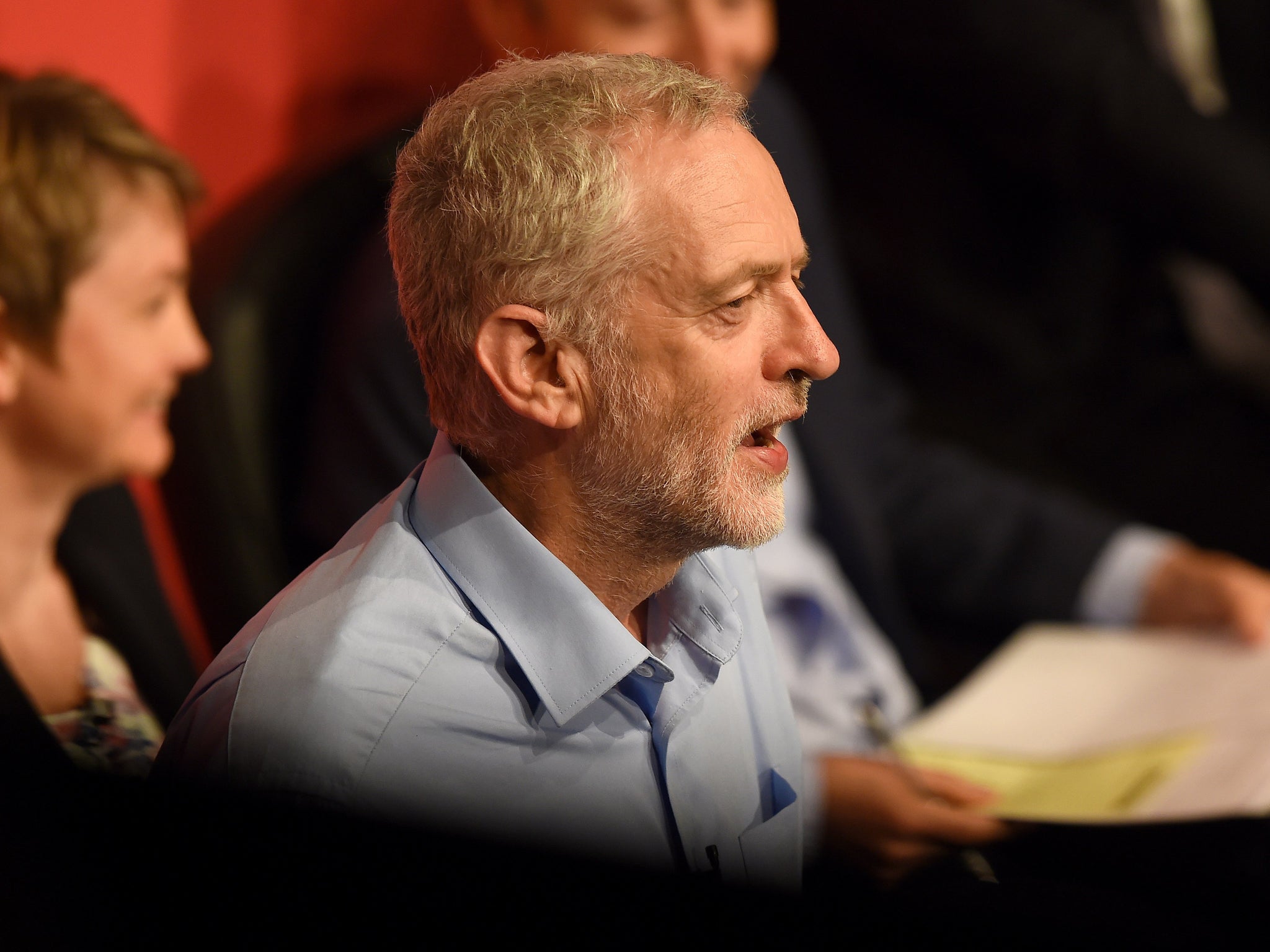It's not Corbyn who has failed to adapt to the 21st Century. It's his critics
A network of Blairites in the media bullies the party away from the left

It’s true: some parts of the Labour party are living in the past. Their ideas are stuck in a warped nostalgia, from a time when politics seemed a much easier game. But it’s not leadership candidate Jeremy Corbyn who has failed to adapt to the 21st century, it’s those who oppose him. His rivals and critics have never moved on from 1997.
Since his candidacy gained momentum the attacks on Corbyn have been stark, if lacking in detail or bite. Tony Blair warned the man would take the party, indeed the country, “backwards”. Liz Kendall said a Corbyn win would see Labour “marching into a 1980-style wilderness”, criticising him and his supporters for failing to move on from the 1983 general election.
Personally, I wasn’t even alive in 1983. Accusing Corbyn’s young supporters of being stuck in that decade seems a little odd.
But I do remember 1997. I remember the hope and excitement. I remember the celebrations on election night. And I remember the bitter disappointment and resentment that followed. But such was the scale of Labour’s victory that a cult of Blairite politicos nestled down into a warm glow of pride and power - and have never been able to look beyond it since.
It is not Corbyn but his critics who have forgotten that time passes and situations change. Tacking the party to the right and appealing to middle-class voters means basing an electoral strategy on the politics of two decades ago, refusing to accept that the party has since haemorrhaged votes to marginal players from Ukip to the Green party right across the nation.
The reasons for Labour’s successive victories at the turn of the century were more complex than the party has been willing to accept in defeat. Yes, the move to the centre ground played an important part. But the election came after years of tumbling support for the Conservatives.
Events such as Black Wednesday had left the reputation of John Major's government in tatters; ministers were tarred with accusations of sleaze and infighting. As a public figure, Major had nothing on Blair, whose energetic charisma won people's hearts (if not all their minds). Crucial also was the fact that most working class communities would have voted Labour regardless, even if they didn’t agree with the party’s lurch to the centre.
Today, a network of Blairites extends throughout the political and media establishment; a sharply-dressed political mafia who bully the party away from the left. They will tell you that success by maintaining the centre ground can – indeed, will - be repeated as long as Labour chooses the “right” leader (a heavily operative word). This approach to politics feels as outdated in today’s world as Tamagotchis and dancing the Macarena - the long discarded relics of the 1990s.
If the party really wants to learn the lessons of 1997, they should do it properly and accept that there is a feeling of betrayal among working class voters towards the party that may never be forgotten. In its early days New Labour could bank on their support - so leaning to the centre would only ever win over new voters. That’s no longer the case.
The Blairite old timers of the Labour party may never come to terms with losing; their taste for power has left them so hungry for more that it is now the only thing they care about. But when there are desperate cries for social and political change, Labour should be looking to the future - not the past.
Join our commenting forum
Join thought-provoking conversations, follow other Independent readers and see their replies
Comments
Bookmark popover
Removed from bookmarks